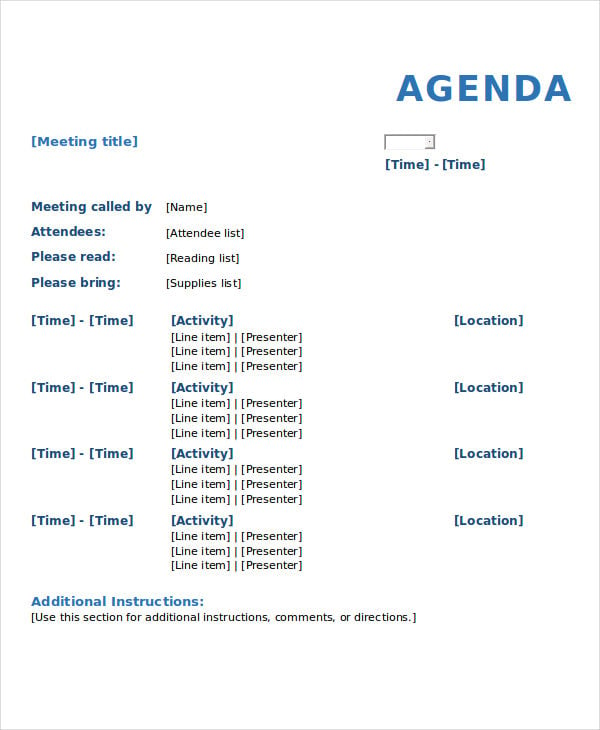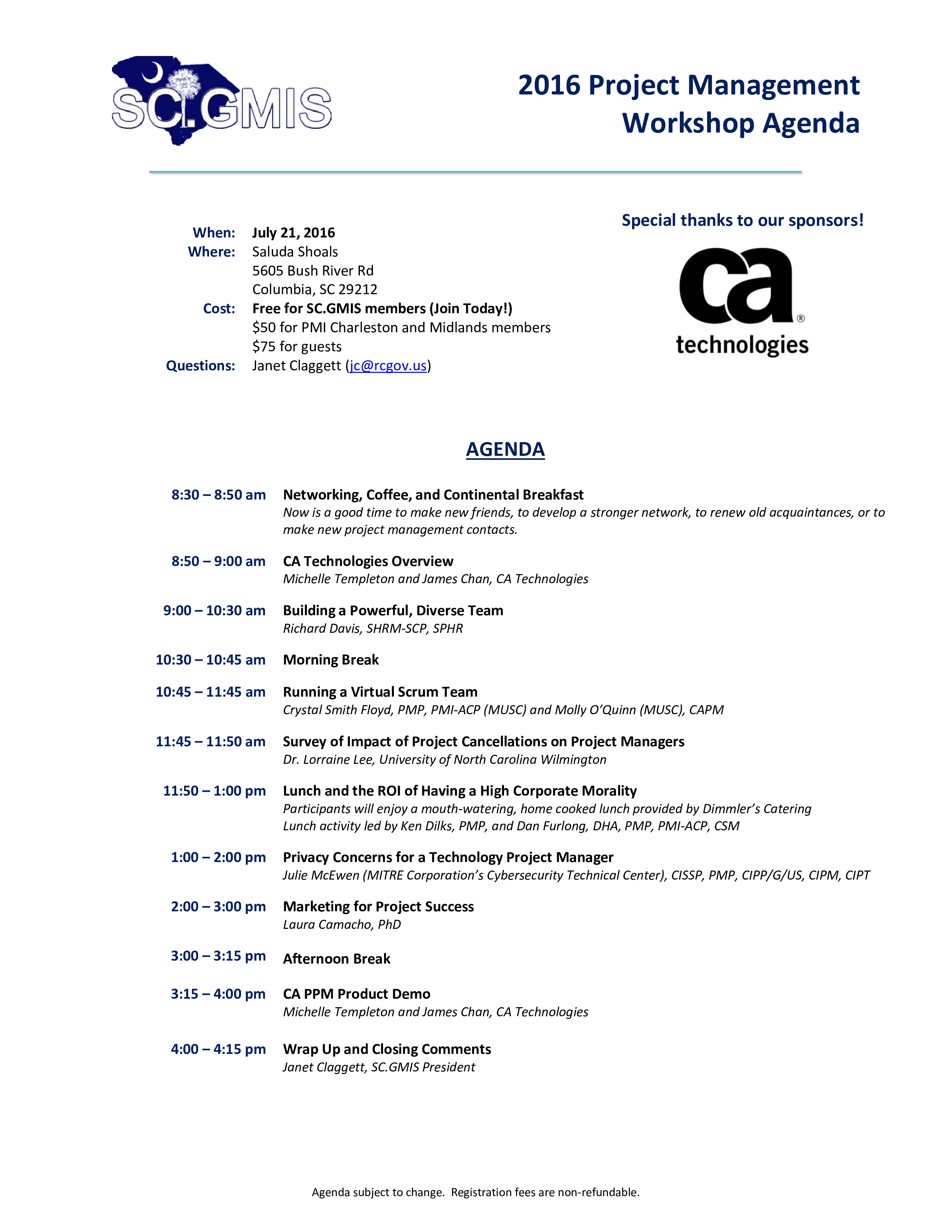
“A long-standing maxim on communication has it that only 7 percent of information communicated in person is verbal – the actual words that could be conveyed in an email. “There’s a lot that happens in a meeting that can’t be replaced with a digital memo,” says Burkus. But others, like management professor David Burkus, have argued that it’s not true: That’s a popular meme about wasteful meetings.

Break the meeting with 1-2 minutes to spare (“passing time”).Toss follow-through due dates on the next steps.Hard-stop the dialogue 10 mins before the meeting end time.At the meeting, listen to the flow of ideas and discussion.When you call it, attach relevant docs to the invite and explain to everyone (a) what the meeting is and (b) who is invited and why.Only call a meeting if it absolutely needs to be called.

Without action items, there is no possibility of follow-up, and then quite possibly another meeting will need to be called to level-set on the lack of action items so far. Many meetings, unfortunately, end without action items - and because so much of white-collar work is meetings, people will run to the next meeting, and then another meeting after that, and eventually memories of what was discussed in the first meeting will fade away.

You might use the increasingly-popular standup method, or you might convene for functional team meetings in a conventional sit-down format.Ī general structure may look something like this:

There are many theories on this, and some of it will vary depending on your overall project methodology. 80%: The good news! A detailed meeting agenda can reduce meeting time by upwards of 80%.300,000: One weekly meeting at one company took up 300,000 working hours across all staff members that’s the equivalent of 34 people spending their entire year working on one weekly meeting.91%: Of employees have day-dreamed during meetings.31: Hours are spent on unproductive meetings monthly in a standard org.47%: Of employees believe meetings are their “No.62%: Of employees say wasteful meetings get in the way of real work.21%: Of workers say the biggest thing that would help them be more productive throughout the week is less meetings.$40,000,000,000: Unproductive meetings cost the global economy around $40B per year.10% annually: Every year since 2000, the amount of time that white-collar professionals spend in meetings has increased roughly 10% YOY.


 0 kommentar(er)
0 kommentar(er)
